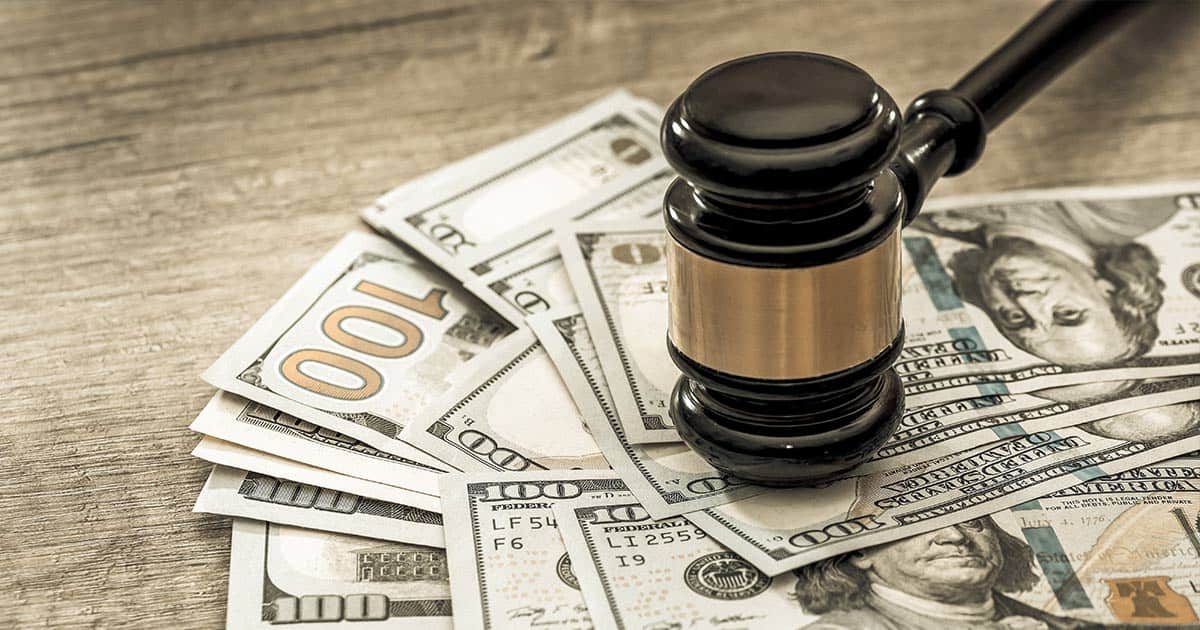Important Questions to Ask Before Declaring Bankruptcy!
If you’re deeply in debt and the bills are mounting and cannot continue providing for your family and your needs and pay down your debt, declaring bankruptcy might be an appealing option. You’ll have a chance to get your finances in order without your creditors breathing down your neck. But as tempting as it may seem, bankruptcy isn’t right for everyone. Here are the most important questions to ask yourself before you start the bankruptcy process or make sure to have it as a checklist while you are speaking with a bankruptcy attorney. This content will help you be clearer about the process.
A. Chapter 7 or Chapter 13?
There are two types of personal bankruptcy: Chapter 7 and Chapter 13. Chapter 13 is better if you have a steady income and assets you don’t want to lose, like a mortgaged house or car. In a Chapter 13 bankruptcy, you work with a judge to set up a 3- to a 5-year repayment plan, and if you successfully make all your payments, your debts will be discharged.
A Chapter 7 bankruptcy, known as straight bankruptcy, requires that you sell all assets except exempt ones, which may include a car, clothing, furnishings, and work-related tools. There are pluses and minuses to both, so consider your options carefully before going forward.
B. Can you afford it?
It’s counterintuitive, but bankruptcy costs money — filing fees cost hundreds of dollars, and that’s before you include attorney fees. Please make sure to work with ethical attorneys who will explain all the processes and costs involved.
C. Will it help?
Some debts aren’t dischargeable in bankruptcy. Neither Chapter 7 nor Chapter 13 bankruptcies, for example, get rid of student loan debts, unless you can prove undue hardship. Unfortunately, declaring bankruptcy isn’t necessarily going to erase all your debts.
D. Can you qualify for bankruptcy?
If you want to file for Chapter 7 bankruptcy, you must pass a means test — basically, a way for the courts to determine whether you are unable to pay your debts. The means test is based on your monthly disposable income, or your monthly income minus specific expenses, though the exact deductions and qualifying income levels vary by region. The higher your disposable income, the less likely you are to be eligible for Chapter 7.
Even if you’re ineligible, though, you might still be able to file for Chapter 13 bankruptcy. If you’re unsure about whether you qualify or feel that you can’t make your payments even if you don’t pass the means test, consider speaking with a bankruptcy attorney.
E. Will you be able to live with the effects for years to come?
The effects of declaring bankruptcy linger for a long time: it stays on your credit report for 10 years and may hurt your ability to get a loan, an apartment, insurance or even a job. Plus, your bankruptcy will be public record, so anyone can view it. Bankruptcy is a serious decision, and even though it may bring temporary relief, it will impact your life for many years. Before taking this step, make sure you’re ready.
Attorneys For All, Helps Clients Achieve Financial Freedom.
We’ll Assist You in Filing for Bankruptcy Protection.
With Our Help, You Can Get Out of Debt and Regain Control of Your Finances!


